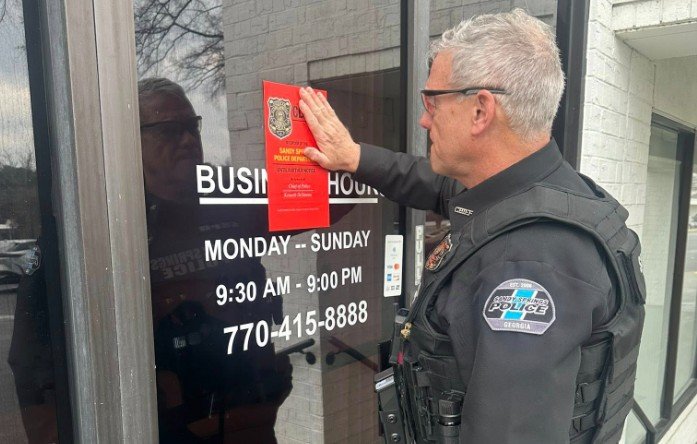17 AGs argue federal agencies should honor contract with non-union call center
(The Center Square) — The Biden administration’s fervor for labor unions has gone too far, according to Virginia Attorney General Jason Miyares and a coalition of attorneys general from 16 other states.
In a Wednesday letter to the Department of Health and Human Services and the Centers for Medicaid Services, Miyares insisted that the agencies continue using Maximus, a private call center headquartered in Virginia, as the primary center servicing the 1-800-MEDICARE line.
In December, the agencies reneged on a $6.6 billion nine-year contract awarded to Maximus in 2022. They began soliciting bids from companies that commit to “work[ing] with labor unions to avoid labor stoppages.”
Miyares said in his letter that there was “no evidence of any work stoppages at Maximus facilities,” and though the company largely received positive reviews from callers, according to reporting by The Washington Post, it has seen some workforce unrest over the years.
Some Maximus call center workers have previously complained of poor working conditions, and some factions among its thousands of employees have repeatedly called for unionization.
Nonetheless, Miyares contended that the agencies not only unjustly turned their backs on a company that fairly won a competitive contract but also jeopardized health care services many Americans rely on in Medicare and the Health Insurance Marketplace.
“Americans require healthcare services that run smoothly and efficiently, and American businesses deserve good-faith contract negotiations that are not revoked due to mere policy preferences of the federal government,” Miyares wrote.
In its effort to be the “most pro-union administration in American history,” the Biden administration has overstepped its authority, according to Miyares.
“It is the job of Congress to set federal labor policy” and the administration’s job to direct its federal agencies to carry out “‘a congressional policy… in a manner prescribed by Congress’” and not “‘a presidential policy … in a manner prescribed by the President,’” Miyares wrote, citing legal precedent.
The letter was also signed by the attorneys general of Alabama, Arkansas, Florida, Georgia, Indiana, Iowa, Kentucky, Louisiana, Mississippi, Montana, New Hampshire, Oklahoma, South Carolina, South Dakota, Texas and Utah.






